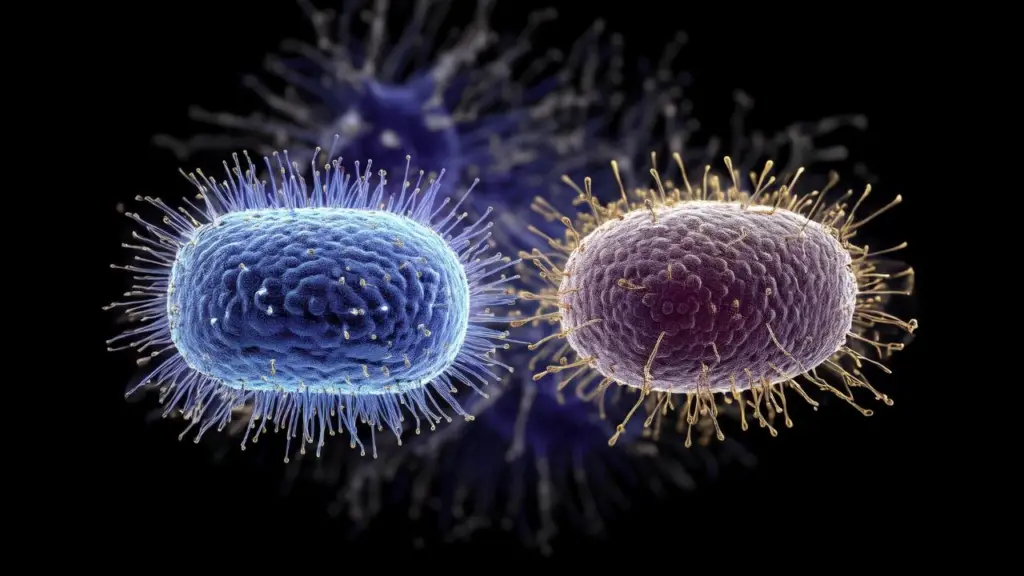Antibiotics are essential drugs used to fight bacterial infections, but their widespread use has led to the development of antibiotic-resistant bacteria, which is a major threat to public health. In addition, antibiotics can also have unintended consequences, such as killing the beneficial bacteria in our gut, which are essential for maintaining good health.
The Importance of Good Bacteria
Our gut is home to trillions of microorganisms, including bacteria, viruses, and fungi. Many of these microorganisms play important roles in maintaining our health, including aiding in digestion, producing essential vitamins, and supporting our immune system. Good bacteria, also known as probiotics, are particularly important because they help keep bad bacteria in check and maintain a healthy balance in our gut microbiome.
The Collateral Damage of Antibiotics
When we take antibiotics, they don’t just kill the bad bacteria that are causing the infection, they also kill the good bacteria in our gut. This collateral damage can have a number of negative consequences, including digestive problems, nutrient deficiencies, and a weakened immune system. In some cases, it can also lead to an overgrowth of harmful bacteria, such as Clostridium difficile, which can cause severe diarrhea and other complications.
The Rise of Antibiotic Resistance
Overuse and misuse of antibiotics have led to the development of antibiotic-resistant bacteria, which are a major threat to public health. These bacteria can cause serious infections that are difficult, and sometimes impossible, to treat with antibiotics. This has led to the development of alternative therapies to antibiotics, such as phage therapy and fecal microbiota transplantation (FMT).
Alternatives to Antibiotics that are less harmful to the good bacteria
Phage Therapy

Phage therapy involves the use of bacteriophages, which are viruses that infect and kill bacteria. Phage therapy has been used for decades in Eastern Europe and the former Soviet Union to treat bacterial infections, and it is now gaining popularity in the West as a potential alternative to antibiotics. While there are still many unknowns about phage therapy, it shows promise as a potential treatment for antibiotic-resistant infections.
Unlike antibiotics, which can harm both good and bad bacteria in the body, bacteriophages have a high degree of specificity and only target the specific type of bacteria they are designed to attack. This means that phage therapy can be targeted towards harmful bacteria without affecting the good bacteria in our body.
Fecal Microbiota Transplantation (FMT)

FMT involves the transplantation of fecal matter from a healthy donor into the gut of a person with a bacterial infection. The goal is to restore the balance of good bacteria in the gut and eliminate harmful bacteria. FMT has been shown to be highly effective in treating Clostridium difficile infections, and it is being explored as a potential treatment for other bacterial infections.
While antibiotics are a crucial tool in fighting bacterial infections, their overuse, and misuse can have unintended consequences, including the destruction of beneficial bacteria in our gut. This collateral damage can lead to a range of negative health outcomes, including digestive problems, nutrient deficiencies, and a weakened immune system. To combat this problem, alternative therapies to antibiotics, such as phage therapy and FMT, are being explored and may offer new hope for treating bacterial infections while preserving our beneficial bacteria.




